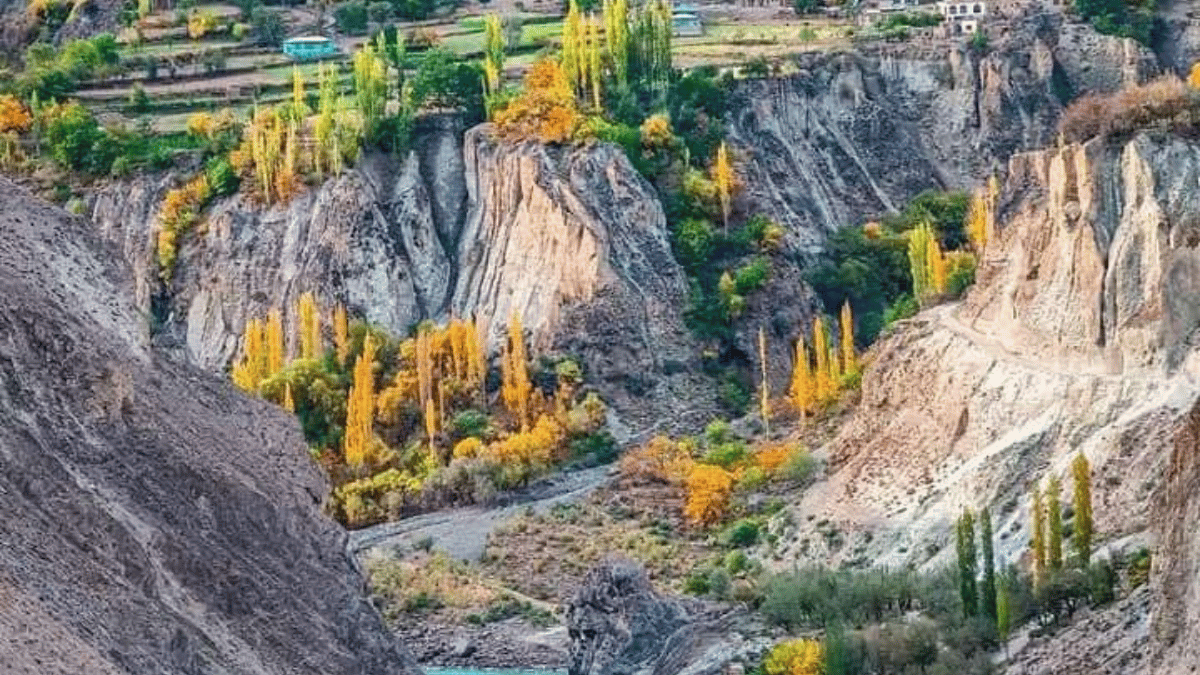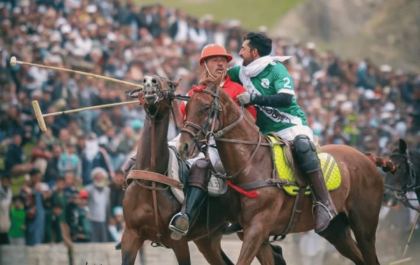From the Karachi Agreement of April 1949 to the Government of Gilgit-Baltistan Order 2018, the fate of GB has always been decided by people alien to this region, whereas the irony is that the Karachi Agreement, a very important legal treaty in the political history of this region that was to decide the fate of the indigenous population of Northern areas, was signed by the
Government of Pakistan, AJK and the Jammu & Kashmir Muslim Conference without having a single representative from present-day Gilgit-Baltistan.
Frontier Crimes Regulation-FCR, often seen as a draconian law, was enacted in the then-GilgitAgency that remained effective till the 1970’s. Under this law, three basic rights were notapplicable to the residents of FATA, federally administered tribal areas including the GilgitAgency, which were the rights to appeal, wakeel and daleel (the right to request a change to aconviction in any court, the right to legal representation and the right to present reasonedevidence, respectively). However, in 1971 the PPP government under Prime Minister Zulfikar AliBhutto abolished the FCR, thereafter freed the local people from this black law.
Post-partition, various legal instruments have been employed by the federal governmentthrough executive authority in order to legitimize its control over this region. The colonial-eraCurrently, the Gilgit Baltistan region is governed by the Gilgit Baltistan Order of 2018 whichreplaced the Gilgit Baltistan Empowerment and Self-Governance Order of 2009. The GB Order of 2018 has many issues that need to be addressed.
It defines a citizen of Gilgit-Baltistan as:
“Citizen” means a person who has a domicile or resident of Gilgit Baltistan and who is a citizen under the Pakistan Citizenship Act, 1951 (II of 1951)”
This controversial citizenship clause is problematic as it says that a citizen of GB can be anyone who has a domicile or who is a resident of Gilgit Baltistan and who is a citizen under the Pakistan Citizenship Act, 1951; which means any person who is a citizen of Pakistan under the Pakistan Citizenship Act, 1951 can claim to be a citizen of Gilgit Baltistan. This clause in the GB order 2018, basically allows non-locals from other provinces of the country to get citizenship of GB. Thereafter, it tries to change the demography of the region. But what is wrong with allowing
non-locals to get citizenship in GB? The answer lies in the very fact that this region is a disputed territory whose constitutional fate is yet to be decided. So, without incorporating it into its constitution and giving it a constitutional status, Pakistan cannot change its demography.
Secondly, Article 25(d) of The Gilgit-Baltistan Order 2018, gives the State extreme powers to determine the public interest needs of a property and accordingly take it under its control.
Moreover, Article 64 further gives the State of Pakistan the right to acquire a property at the expense of the government of Gilgit Baltistan or even through direct transfer if the land belongs
to the government of Gilgit Baltistan.
According to Article 64:







Juuu
Very well articulation.
Well written
Great
Knowledgeable for youth
👍👍👍👍👍
Thank you.